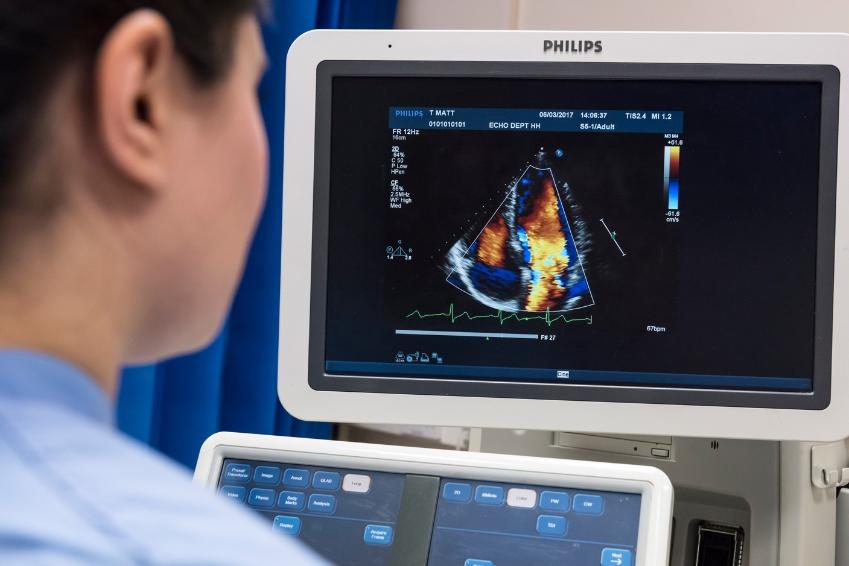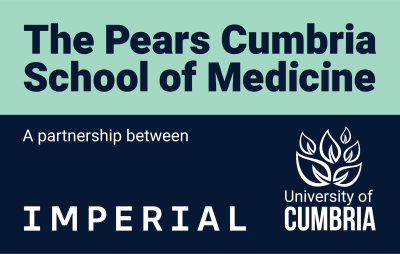We welcome applicants irrespective of their colour, ethnic or national origin, gender, sexual orientation, religion, politics, or disability. Widening participation criteria:
We use two types of data to identify widening participation candidates within the admissions process:
1. Application data will be used to identify candidates who meet at least one of the following criteria:
- Have spent time in care under a local authority
- Have a home address* postcode that falls into England’s index of multiple deprivation quintile 1
* Home address is place of permanent residence, not term time address.
2. Have a home address** postcode that falls into POLAR4 quintile 1 or 2 and who also meet one of the following four sub-criteria:
- Are the first generation in their family to have attended university
- Attended an English school in the past ten years where the key-stage 5 performance is below the College’s percentile threshold of 20%
- Attended a school in England, Scotland, Wales or Northern Ireland in the past ten years where the Free School Meals percentile is above the Imperial College London’s percentile threshold of 80%
- Or have at some point, identified as young carers. These candidates will be reviewed on a case-by- case basis with evidence from local council social worker services.
** These candidates will be flagged as widening participation candidates for the purposes of the shortlisting and interview.
We actively encourage and will provide you the individualised support needed to become a doctor.
When applying, declare disabilities and/or specific learning difficulties within your UCAS application. By declaring information within the application process, the University of Cumbria can contact you with specific information and discuss your needs.
Our disability support teams will work with you to develop your learner support plan detailing your needs and required adjustments, which will be shared with your programme tutor.
Our Specialist Learning Advisors provide:
- Support
- Information
- Resources
- Appointments for students with specific learning difficulties
You will have access to a range of:
- Specialist equipment
- Hardware
- Software dependent on your specific needs
If you would like advice about your individual circumstances before applying, please email: cumbriamedadmissions@cumbria.ac.uk
For further information, please refer to the University of Cumbria’s Disability Support Information.
The General Medical Council has guidance about individuals with disabilities studying for and practising medicine.
You may be eligible for additional funding via Disabled Student Allowance.
Providing that applicants have met (or are predicted to meet) the Academic Requirement, candidates will be ranked and shortlisted for interview according to their Admissions Test scores.
Multiple Mini Interviews
The interviewers are comprised of staff and students with experience in the admissions process, who will contribute to the decision process.
These decisions are ratified by the admissions tutors. The following criteria may be considered when assessing your application:
- Undergraduate degree classification
- GAMSAT/UCAT scores
- Evidence of commitment to the values of the NHS Constitution
- Motivation and understanding of medicine as a career
- Community activities
- Leadership and teamwork
- Extracurricular interests
- Referee’s report
Fitness to Practise policy
All UK medical schools have a duty to ensure that no member of the public is harmed because of training medical students. The Imperial College London Fitness to Practise policy may be activated in cases where significant concerns have been raised about the behaviour of students, including prior to their admission to the School.
Interview
Multiple-Mini interviews (MMIs) may be conducted in a blended format with a mixture of in person and asynchronous interviews.
MMI stations will seek to assess candidates across the following areas:
- Commitment to medicine and understanding the role of a doctor
- Potential to contribute to the medical school and the region
- Teamwork and leadership
- Ethics
- Empathy
- Resilience and adaptability
In line with Department of Health and Social Care guidelines, our admissions policy is not restricted to residents of Cumbria, and it promotes equality and fairness for prospective students nationally. Domestic students from other parts of the UK are encouraged to apply. During the MMI, candidates who do not have links with local area will be assessed on their understanding of and interest in improving health outcomes for the people of Cumbria. See supporting information for data used to identify candidates with links to the local area.
Work experience with service-users is strongly recommended and will be assessed during interview, together with other information in the personal statement.
Health and age requirements
If you are offered a place on this programme, Imperial College London’s Occupational Health Service will send you a confidential health questionnaire to complete.
We want to learn about any health problems or disabilities you have which may require special support, so that we can plan for this before you begin your programme. In accordance with our Privacy Statement, this information may be shared with University of Cumbria for the purposes of supporting students on their programme of study.
We are also required by the General Medical Council (GMC) to ensure that you are not affected by a condition that would make it impossible for you to acquire the skills to qualify and work safely as a doctor.
We welcome applications from candidates with disabilities and, wherever possible, seeks to provide any extra support that may be necessary. Most disabilities or health problems, even if substantial, can be accommodated.
If you have a disability or health problem that may affect your fitness to practise or may be difficult to accommodate, contact the Imperial College London Occupational Health Physician for confidential advice before applying.
Age restriction
You must be 18 years of age by the time you would start this programme.
Vaccinations for medical school
If you are offered a place, you must be immunised against a range of infections to meet health and safety standards necessary for working with patients. You will be sent details of the vaccinations you need with your offer.
You should arrange with your doctor or a health clinic to begin this programme as soon as you receive this information, as it can take eight months to complete. Medical students are also required to be vaccinated against COVID-19.
Blood-borne infections
Chronic viral infections that are carried in the blood can be transmitted during surgery to patients from an infected healthcare worker.
When you come to the Pears Cumbria School of Medicine, to comply with NHS requirements, you will be offered blood tests to check you are not infected with hepatitis B, hepatitis C, or HIV, before you are cleared for direct surgical experience.
If you test positive for any of these infections, you can continue your programme, but you will not be allowed to assist with or undertake surgery or other ‘exposure-prone’ procedures on patients. This will not prevent you from qualifying or practising as a doctor, except for the restriction on these procedures.
Candidates who meet the College’s contextual admissions criteria are required to meet a lower minimum threshold score (a contextual score) in the GAMSAT or UCAT admissions tests.
Information about who is eligible for consideration is available here.
Mitigating circumstances
Mitigating circumstances are unforeseen, unpreventable circumstances that significantly disrupt your academic performance, such as an illness or bereavement.
If you feel you have mitigating circumstances that should be taken into consideration when we make decisions about your exam results, we recommend contacting us as soon as possible, ideally through your GP.
You must provide appropriate, supportive, and independent evidence, not a letter from a family member or friend. The evidence must explain:
What the circumstance is
- Exactly how it affected you in relation to your studies/assessment
- Precisely when it occurred (i.e., identifying which assessments were affected)
- It is essential that you apply for mitigating circumstances as soon as you are aware of the problem. Late claims will not be considered without clear supporting evidence of why an application was not made on or before the deadline.







